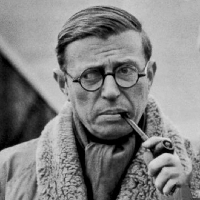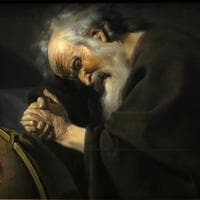Julius Evola MBTI -Persönlichkeitstyp
Persönlichkeit
"Welcher Persönlichkeitstyp ist {profilename}? {profilename} ist ein {MBTI} -Persönlichkeitstyp in MBTI, {enneagram} - {iv} - {tritype} in EnneArgram, {big5} in Big 5, {socionics} in Socionics."
I think people really misunderstand him. I think the fascist label is misleading and extremely simplistic. Having read him more now, (and I will admit that even as a fellow INTJ, it can be hard to decipher every word he writes, as INTJ can compact a lot of info in a small amount of text) I think generally speaking he is promoting a more organic system, whereas fascism is mechanistic system. His ideal is one of initial action, and fascism is one of reaction. You could even say that he isn't even really advocating anything, but rather lamenting how far we have fallen from this initial action, and how we are powerless to do anything but "react". Hence how a "traditional" person in modernity is called a "reactionary", but in the past, people didn't "react" they simply acted. Evola wants a return to a time where there was a natural hierarchy and an organic way of life. Fascism is a regimented, artificial way of life, with a hierarchy determined by sheer materialism rather than spiritual virility. So despite superficial similarities, they are worlds apart. Ni is his grand connections descending through history and goal going forward. Te is logic connecting world events and their effects on mankind. Fi is his moral stance on this degradation, as opposed to viewing it neutrally. And Se is discussing the practical implications of his view on the material world. Being 5w4, the philosopher, he is great at viewing things outside of himself. I am partially tempted to think 1w9 as well, as he seems more moralistic than 5w4 tend to usually be. One or the other. Either way, I relate to his philosophical outlook.
Biografie
Baron Giulio Cesare Andrea Evola (19 May 1898 – 11 June 1974), better known as Julius Evola, was an Italian philosopher, painter, spiritualist, and esotericist. He has been described as a "fascist intellectual", a "radical traditionalist", "antiegalitarian, antiliberal, antidemocratic, and antipopular", and as having been "the leading philosopher of Europe's neofascist movement".
Persönlichkeit correlate
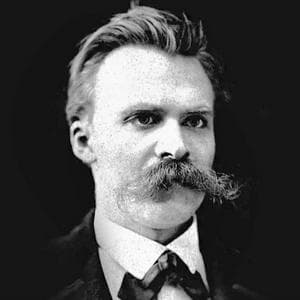
Friedrich Nietzsche
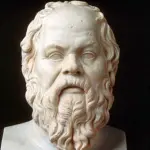
Socrates

Arthur Schopenhauer
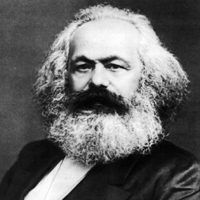
Karl Marx

Albert Camus
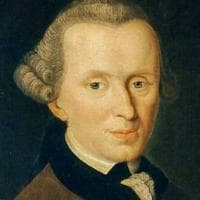
Immanuel Kant
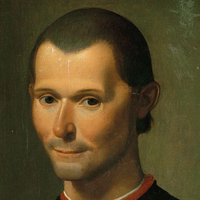
Niccolò Machiavelli
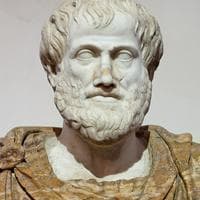
Aristotle

